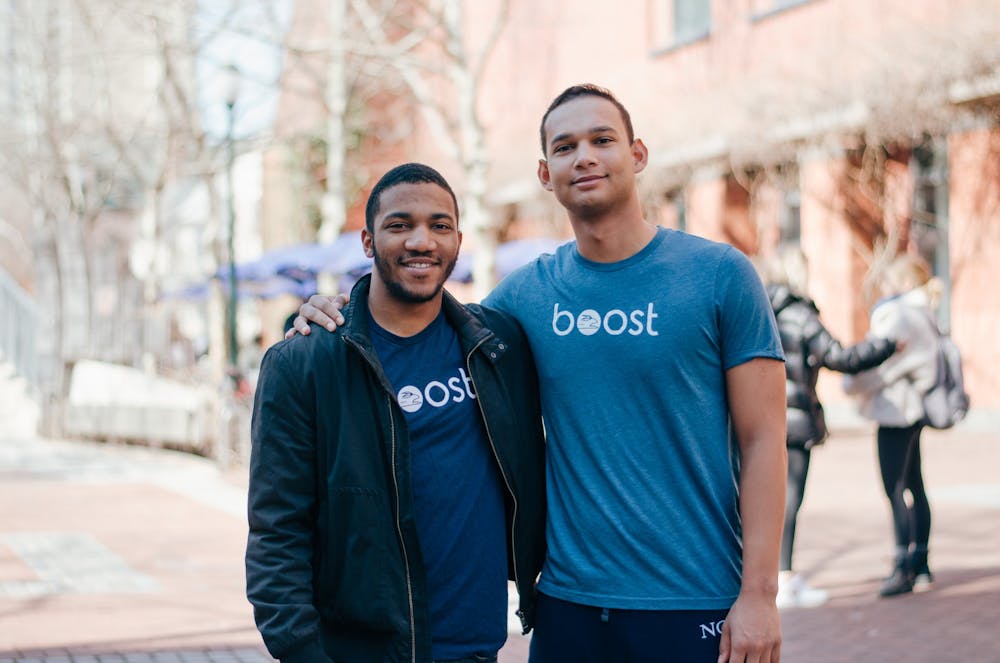My feet were nearly bleeding as I traversed across Locust in search of opinions on the new electric scooter trend, and the irony was not lost on me.
If you’ve stepped foot outside in the past school year, you know that Penn's campus has been overtaken by scooters. I assumed the worst of this locomotive, adding them to the growing list of things that disconnect us as humans, right up there next to Tinder. Gone were the days of impromptu conversations with friends and obligatory stops at the club tables lining Locust Walk. I preferred to remain pretentiously late to class, all in the name of the quintessential college experience.
But I’ll be the first to admit that I was wrong. What I mistook for moral opposition may just have been a twang of jealousy.
The Penn students and faculty I interviewed on my expedition came from a myriad of different backgrounds, yet they all glorified the scooter. I talked to the guys that sit on the couches outside Castle, the security guards, the Penn police, the bike riders, the skateboard riders. I approached people who I thought looked generally critical of the world as they walked down Locust. Flocks of athletes, professors, first years inside Hill, and Kelly Writers House inhabitants were all subjected to my questions. I roamed the campus in search of a critic of the trend, and I came up entirely empty–handed.
If they had a scooter, my questions were met with glowing reviews of their improved sleep cycle and class attendance. If they didn’t have a scooter, they desperately wish they did. It soon became apparent that the barrier to most Penn students, such as myself, had to do more with logistics and price than any real moral concerns. I didn’t want to pay hundreds of dollars, nor did I want to have to drag the machine into my 10 a.m. English class.
And that’s how I found myself sitting across from Isaiah Washington (W ‘20), one of the founders of Penn’s very own scooter rideshare startup.
Called Boost Scooters, their business model is Indego Bike meets Lime Scooter. Combining all the elements of perfect transportation, Boost customizes their scooters to fit the needs of Penn students. The product won the "Crowd Favorite" award in the recent Penn Wharton Entrepreneurship Startup Showcase. “Boost Scooters are non–electric and use dock–based technology, similar to the Indego bikes … not everyone knows how to ride a bike, but anyone can hop onto a kick scooter.”
The team hopes their system of scooters will add value both to the lives of the students and to the culture of the campus. “Lime, Byrd … all the shared electric scooters … we can’t have them lying all over Locust," said Isaiah. Alongside other founders Kam Hypolite (C ‘20) and Noah Sinclair (W '20), Isaiah used the prize money to start a pilot program in Michigan that has been so far successful. They hope to have the rideshare running at a university within the next six months and believe a campus like Penn, with a high demand for affordable and efficient transportation, would benefit from their mission.
Picturing a world in which back–to–back classes from DRL to Leidy Labs are not only finally achievable, but capped under $2 a ride, I can finally say I’m on the scooter bandwagon.

